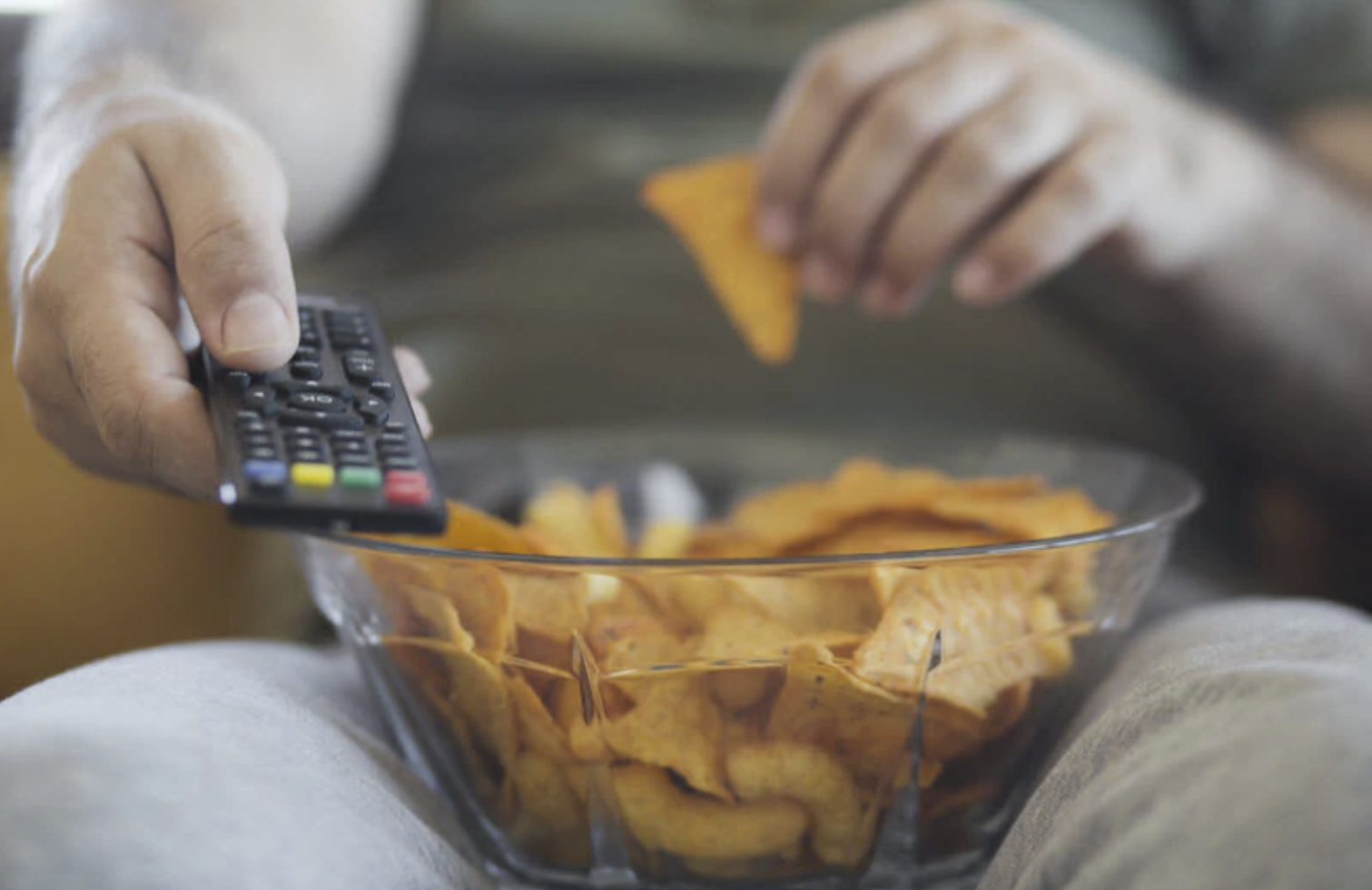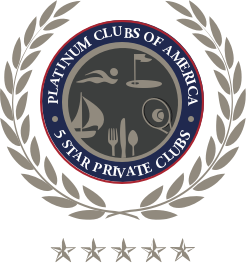
Do you find yourself rifling through the kitchen lately, looking for something sweet or salty to nibble on while you watch the news?And when you find it, do you end up eating a lot more than you intended?
It’s likely emotional eating. With COVID-19 forcing many of us to stay home while worrying about our loved ones, our finances and our future, some of us are turning to food for distraction and comfort.
Registered dietitian Jenna Appel teaches workshops on how to change our relationship with food. We asked her a few questions about how to gain control of compulsive snacking.
Addison Reserve: What is emotional eating and why might many of us be doing that right now?
Jenna Appel: Emotional eating is the practice of consuming large quantities of food -- usually "comfort" or junk foods -- in response to feelings instead of hunger. When a stressful situation of this magnitude arises, people often experience substantial changes to their eating behaviors in a conscious or unconscious effort to suppress or soothe negative emotions, to serve as a distraction or as a self-soothing coping mechanism. Due to the current pandemic situation, fear around the availability and accessibility of food may also affect the eating experiences of many people.
AR: Why don’t people emotionally eat salads?
JA: Biologically, stress is associated with changes in cortisol levels, which plays a critical role in energy regulation. We tend to crave food higher in fat and sugar when stressed or anxious in part because our body requires more energy to function, and simple carbohydrates (think cookies, cake, chips) are the fastest way to get quick energy - unfortunately, not our nutritious high fiber veggies!
High-sugar and high-fat foods not only taste pleasant to the palate, they may have a link to brain chemicals (e.g. serotonin) which give us feelings of pleasure. There is evidence that sweet foods are linked to reward pathways in the brain, which is also why some people turn to them for comfort in times of highly emotional states.
AR: What tips do you have for people who are finding themselves stuck at home, eating too much?
JA: Though self-isolating is the best way to protect against COVID-19, being stuck at home can lead to some unhealthy behaviors. While taking comfort in food during times of stress is a normal reaction, overeating regularly can negatively affect your health and increase your stress and anxiety levels. Follow these tips to help you prevent stress eating when you’re stuck at home.
- Eat balanced meals and snacks throughout the day. Aim to have a meal or snack every 3-5 hours, and most importantly be sure to balance your plate with combinations of protein, carbohydrates and healthy fats to keep you satiated. Balancing your meals appropriately will make you less inclined to engage in overeating.
- Recognize whether your hunger is physical or emotional. One of the most helpful ways to prevent overeating is to understand why it’s happening in the first place. When you notice a craving coming on, check in with yourself. Before you eat, pay special attention to how you’re feeling, such as stressed, bored, sad, or anxious. Simply pausing and evaluating the situation can help you understand what compels you to overeat and may help prevent overeating in the future.
- Practice not reacting. Many eating behaviors are reactive responses, meaning they are mindless, not mindful. To learn how to not react in the moment, try practicing the skill of pausing, which means that when you have an urge to eat and you know you are not physically hungry - TAKE A PAUSE. If you find yourself in the position of having a craving, commit to delaying eating for anywhere from 5-15 minutes. This will allow you to give yourself a chance to pick a different action such as going for a walk, calling a friend, etc.
- Cultivating coping skills. Learning to manage your emotions without using food requires some practice. These skills fall into three different categories: finding distractions, seeking nurturing activities, and dealing directly with the feelings. Let’s give some examples of each and how to start figuring out which is the best strategy to use.
- Find distractions: Watch TV, go on the computer, read a book, take a drive, clean a closet, dance, nap, do a jigsaw puzzle.
- Seek nurturing activities: Rest and relax, listen to soothing music, meditate, practice yoga, play with a pet, take a walk in nature.
- Deal with the feelings: Write in a journal, call a friend or family member, breathe deeply, sit with your feelings and learn how to let them diminish.
Worried about your emotional eating or weight? Set a virtual date! Although Addison's Lifestyle Complex has temporarily closed due to COVID-19, our Registered Dietitian and Wellness Coach, Jenna Appel is still available for virtual nutrition coaching! Jenna will help you “Social Distance“ yourself from the unhealthy habits you might be creating during this time.
Click Here to Book Your Virtual Session!





